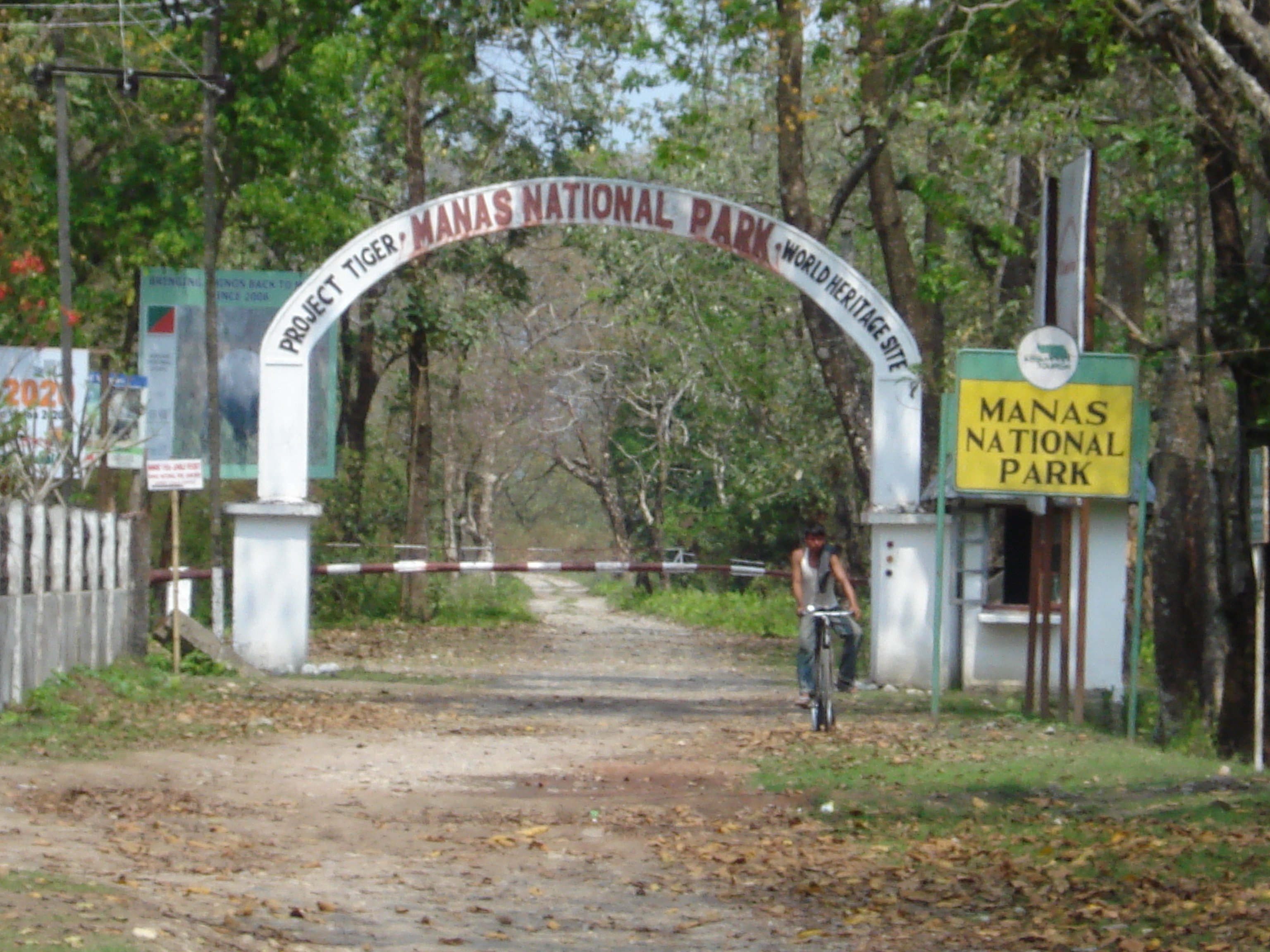National Park

A national park is a protected area designated and managed by a government or conservation organization for the preservation of natural landscapes, ecosystems, biodiversity, and cultural heritage. National parks are established to conserve and protect natural and cultural resources while providing opportunities for outdoor recreation, education, and scientific research. These areas are typically managed with the goal of maintaining ecological integrity, promoting sustainable use of natural resources, and ensuring public enjoyment and appreciation of nature.
Here are some key features and purposes of national parks:
Conservation of Natural Resources: National parks are established to conserve and protect diverse ecosystems, habitats, and species of flora and fauna. These areas preserve natural landscapes, geological formations, wildlife populations, and biodiversity, helping to maintain ecological balance and prevent habitat loss and species extinction.
Preservation of Cultural Heritage: In addition to natural resources, national parks may also protect cultural and historical sites, archaeological remains, traditional cultural practices, and indigenous heritage. These areas safeguard cultural resources and promote appreciation for the cultural significance of the landscape.
Recreation and Tourism: National parks offer opportunities for outdoor recreation, nature-based tourism, and eco-tourism activities such as hiking, camping, wildlife viewing, birdwatching, photography, boating, and scenic driving. Visitors can enjoy and experience the natural beauty, wilderness, and cultural attractions of national parks while connecting with nature and learning about conservation.
Education and Interpretation: National parks provide educational programs, visitor centers, interpretive exhibits, guided tours, and ranger-led activities to engage visitors, students, and local communities in learning about natural and cultural resources, conservation principles, environmental stewardship, and sustainable practices.
Scientific Research and Monitoring: National parks serve as living laboratories for scientific research, monitoring, and ecological studies. Researchers study ecosystems, biodiversity, climate change, wildlife populations, and natural processes to better understand and manage park resources, address conservation challenges, and inform decision-making.
Regulation and Management: National parks are managed with the goal of preserving ecological integrity and maintaining natural and cultural resources in perpetuity. Park management involves developing and implementing management plans, enforcing regulations, controlling visitor use, mitigating human impacts, and collaborating with stakeholders to ensure sustainable management of park resources.
Legal Protection: National parks are legally protected areas designated by legislation or government decree. They are subject to specific regulations, management policies, and zoning restrictions aimed at conserving natural and cultural resources, preserving wilderness character, and minimizing human disturbances.
Overall, national parks play a vital role in conserving biodiversity, protecting natural and cultural heritage, promoting outdoor recreation and tourism, and fostering environmental stewardship and appreciation for nature. They are cherished as iconic symbols of natural beauty, wilderness, and conservation worldwide.